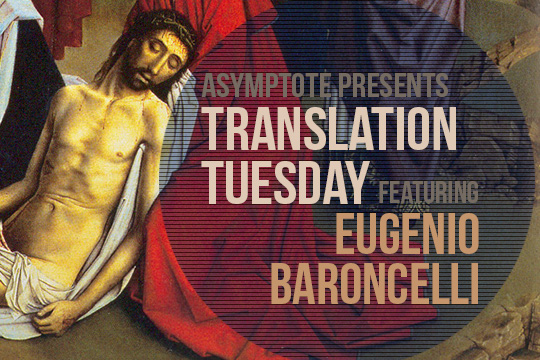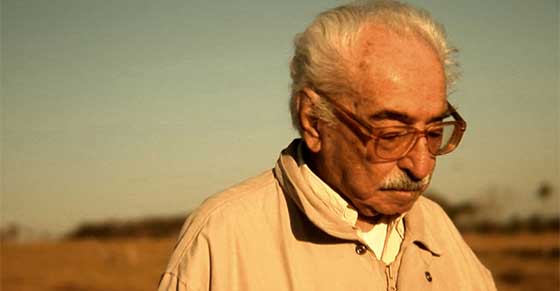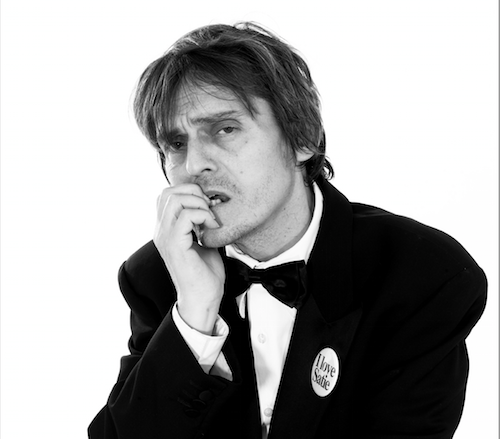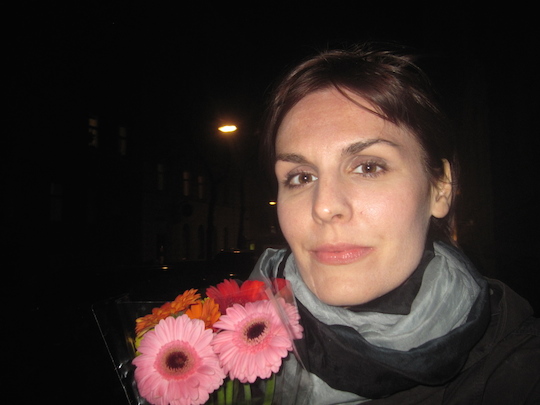Eugenio Baroncelli’s macabre, erudite vignettes of 271 historical and literary deaths won the 2011 Premio Supermondello, one of Italy’s highest literary awards. He catalogues accidental and premeditated deaths, illness, hypothermia, suicide. Each of his sly, epigrammatic sketches of dying is an object lesson in living.
Umberto Boccioni
Sorte, Verona, 17 August 1916. Never end up in a place called Sorte, or Luck. War had thrust him there, only for him to die in a stroke of misfortune. He had enlisted voluntarily, dressed hurriedly in uniform, and now he was dying, aged thirty-four. He had fallen from the horse he was learning to mount, struck his head full of colours, and would never get up again. That was how Maria Malibran died, and she was barely more skillful than he was; Genghis Khan, too, and he was born on a horse. He died with a dream: not of vanquishing his enemy on the battlefield, but of riding with her under the moon that bleached the lake white.
The gods looked down at him from the sky. He had the distinctive hand of a future great artist and the agile body of a seducer. A vexed Margherita Sarfatti, who had been in bed with him, would deplore the sharp escalation of his targets, from seamstresses to the wives of bank managers.
Three weeks beforehand, on the bank of Lake Maggiore, he had met Vittoria Colonna and fallen in love for the last time. Beautiful, married, impulsive, and greedy for life, she fell in love instantly too. They went swimming in a lake filled with water the hue of cobalt blue, the same colour his palette was wandering towards when he painted the master Busoni. Lazy as cats, they sunbathed on the terrace of the villa, that little strip of earth that she had transformed into a Garden of Eden. They dined alone by candlelight. Her last letter was found on him. He had taken it with him from their paradise.





